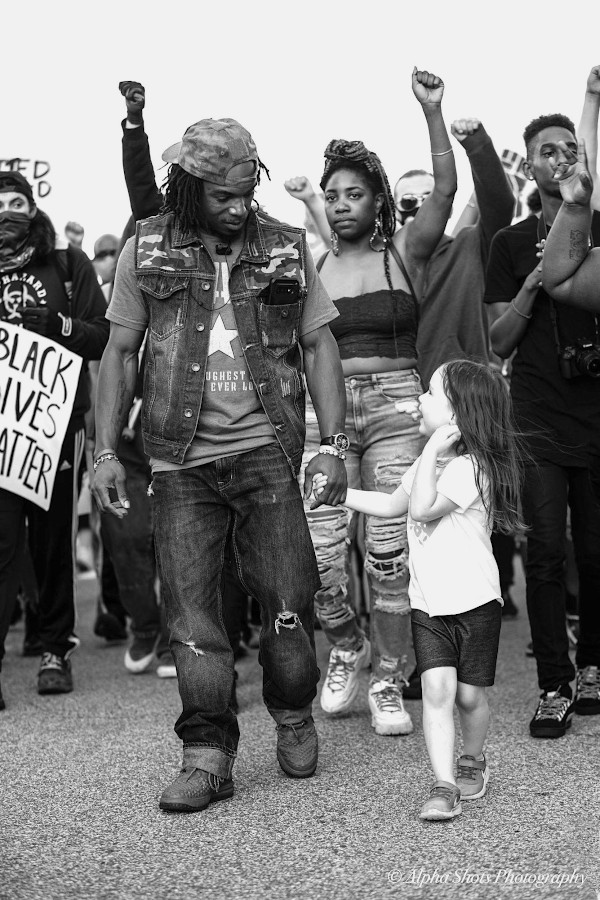
Photo/ Alpha Shots Photography
At the heart of America’s story has always been the contradiction between the democratic ideals stated by the founders, and the fact that the founders owned slaves and relied on an ideology of white supremacy to justify slavery. The centuries-long fight to make the country a real democracy continues to revolve around the struggle of black Americans in particular to have their lives and their human and civil rights respected.
For example, out of the Civil War came the 13th Amendment of 1865 ending slavery (though it continued slavery for prisoners), as well as the 14th Amendment of 1868, guaranteeing citizenship to anyone born in this country, along with equal protection under the law for all. The 15th Amendment, passed in 1870, guaranteed the right to vote to all men regardless of “race, color or previous condition of servitude.”
In the period of Reconstruction, from 1865 to 1877, additional gains further democratized the country for everyone. Under the protection of federal troops, black Southerners elected hundreds of former slaves to local, state and federal offices. As Nikole Hannah-Jones has written in the New York Times, “These black officials joined with white Republicans…to write the most egalitarian state constitutions the South had ever seen.…Perhaps their biggest achievement was the establishment of that most democratic of American institutions: the public school. Public education effectively did not exist in the South before Reconstruction. The white elite sent their children to private schools, while poor white children went without an education.….Just five years into Reconstruction, every Southern state had enshrined the right to a public education for all children into its constitution.”
But the Northern bankers who controlled the South after the Civil War needed a new form of slavery there to ensure their profits. Some white Southerners carried on a campaign of voter suppression, electoral fraud and terror that undermined Reconstruction. Finally, federal troops were withdrawn in 1877 and Reconstruction was overthrown. Hannah-Jones writes, “white Southerners quickly went about eradicating the gains of Reconstruction…. The systemic white suppression of black life was so severe that this period between the 1880s and the 1920 and ’30s became known as the Great Nadir, or the second slavery.” The result was the South as a whole had widespread poverty that persists to this day. Racism got poor whites to vote against their own interests. And as blacks began migrating North in large numbers in the early 20th century, segregation and racial terrorism followed them there.
Advances during the civil rights movement (1946 to 1968) have followed a similar pattern—a democratizing effect for everyone, and then a reversal of the reforms when the powerful decided they needed to turn back the clock. The reversal developed over decades and continues today—Nixon’s call for “law and order,” Reagan’s attack on welfare programs and his “war on drugs,” Clinton’s welfare “reform” and crime bills, the mass incarceration, the routine murders of blacks by police, the loss of protections against search and seizure, the voter suppression—all of it began with an assault on black Americans and it set back democracy for everyone.
As Hannah-Jones writes, “centuries of black resistance and protest…have helped the country live up to its founding ideals. And not only for ourselves…” Anti-black racism has been the foundation for other forms of discrimination in our country, and it has been the basis for preventing the creation of a real democracy—a society of, by and for the people—in America. Breaking with the ideology of white supremacy is not a moral abstraction, but the key to the unity that will liberate all of us.

